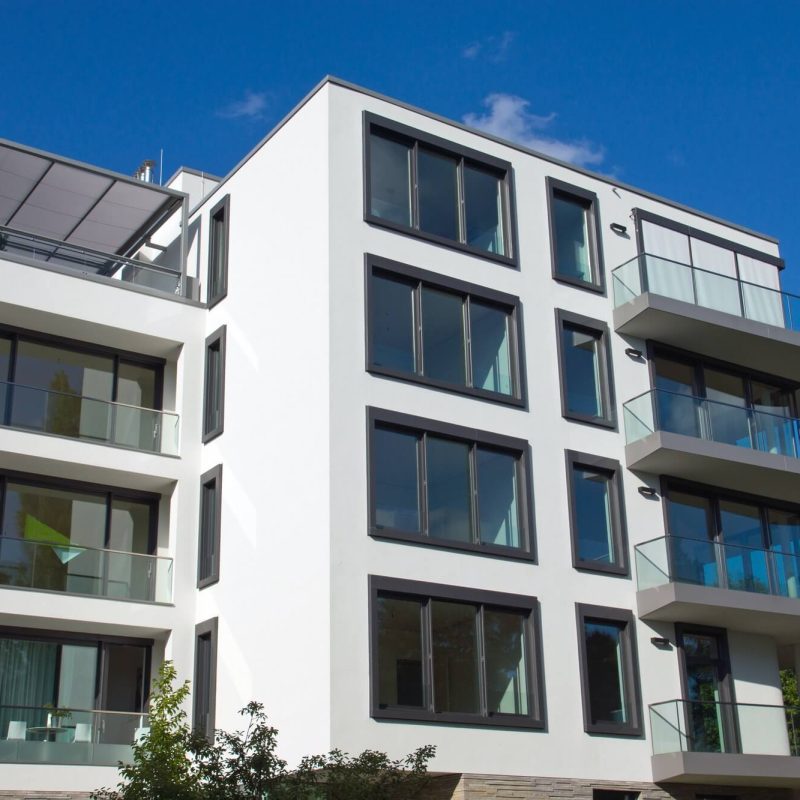
Making Your Real Estate Investment Portfolio Recession-Proof
In the world of real estate, economic downturns are an inevitable part of the market cycle. Recessions can disrupt economies, affect property values, and reduce demand for rental properties. However, with careful planning and strategic decisions, real estate investors can safeguard their portfolios and continue generating income, even during challenging times.
This article will explore strategies for making your real estate investment portfolio recession-proof. By taking proactive steps, diversifying your assets, and being financially prepared, you can protect your investments and potentially thrive in periods of economic uncertainty.
Understanding Recession Risks in Real Estate
Before diving into strategies, it’s important to understand how recessions impact the real estate market. During a recession, several key factors can influence the performance of property investments:
Decreased Property Values: Property prices may decline due to reduced demand, leaving investors with devalued assets. In some cases, properties purchased during the peak of a market cycle may lose significant value during an economic downturn.
Lower Rental Demand: Recessions often lead to job losses and a reduction in consumer spending, which can result in lower demand for rental properties. Tenants may move to more affordable housing or default on their rent, affecting your cash flow.
Increased Vacancy Rates: With fewer people able to afford rents or buy homes, vacancy rates for both residential and commercial properties may rise, leaving units empty for extended periods.
Stricter Lending Conditions: Lenders often tighten their borrowing criteria during a recession, making it harder for investors to refinance existing properties or secure new financing.
Strategies to Recession-Proof Your Real Estate Investment Portfolio
While the risks are real, savvy investors can mitigate these threats by taking specific actions to recession-proof their real estate investment portfolio. Here are key strategies to consider:
1. Diversify Your Investment Portfolio
Diversification is one of the most effective ways to protect your real estate portfolio from economic fluctuations. By investing in different property types and markets, you can reduce your exposure to risk.
Residential vs. Commercial: Consider holding a mix of residential and commercial properties. While residential properties are typically more stable during recessions, commercial real estate can offer higher returns during economic booms. Diversifying across these sectors can provide balance.
Geographic Diversification: Avoid putting all your investments in one location. Instead, spread your investments across different regions, states, or even countries. Certain markets may be more resilient to economic shocks, and geographic diversification can help spread risk.
Property Class: Invest in properties across different price ranges and classes (e.g., luxury, mid-tier, affordable). During recessions, lower-income properties may see higher demand as people downsize, whereas luxury properties may suffer due to reduced discretionary spending.
2. Focus on Cash Flow Positive Properties
Cash flow is the lifeblood of any real estate investment portfolio, particularly during a recession. Properties that generate consistent, positive cash flow can help you weather economic downturns more effectively.
Prioritize Income-Producing Properties: When assessing new investments, prioritize those that generate reliable rental income over speculative properties that rely on appreciation for profit. In a recession, it’s crucial to have assets that continue to produce cash flow even if property values decline.
Assess Tenant Quality: Secure long-term tenants with stable income, as this can provide more reliable rent payments. Businesses in recession-resilient industries (such as healthcare or essential retail) are less likely to vacate during a downturn, providing a steady source of income.
Increase Lease Terms: Where possible, negotiate longer-term leases with tenants. This approach is particularly important in commercial real estate, where long leases provide stability and ensure a continuous income stream.
3. Maintain Strong Liquidity Reserves
Recessions often come with unexpected challenges, such as extended vacancies or sudden repairs. Having strong liquidity reserves ensures that you can handle these disruptions without being forced to sell properties at a loss or take on high-interest debt.
Emergency Fund: Set aside sufficient cash reserves to cover at least 6-12 months of mortgage payments, maintenance costs, and other expenses. This buffer will allow you to maintain ownership and avoid foreclosure or short-selling during a downturn.
Avoid Overleveraging: Investors who rely heavily on debt can face significant risk during a recession, particularly if property values decrease or cash flow slows. Keep your leverage at a manageable level, and avoid aggressive borrowing strategies that could lead to financial strain.





4. Invest in Recession-Resilient Property Types
Some property types tend to perform better during recessions than others. By focusing on recession-resilient properties, you can reduce the risk of vacancy and income loss during an economic downturn.
Affordable Housing: Affordable residential properties tend to see sustained demand, as people downsize or seek more economical housing options during tough times. Investing in affordable rental units can provide a stable income stream.
Essential Commercial Properties: Certain commercial real estate assets, such as grocery stores, healthcare facilities, and essential services, are less likely to be affected by economic downturns. Consider adding these types of properties to your portfolio for more recession-resistant income.
Multi-Family Units: Multi-family properties tend to fare better than single-family homes during a recession, as people often seek shared living arrangements to reduce housing costs. Investing in multi-family properties can help maintain cash flow.
5. Regularly Review and Optimize Your Portfolio
Regular portfolio reviews are essential to ensure your real estate investments remain resilient, regardless of market conditions. During these reviews, focus on ways to reduce costs, maximize returns, and prepare for potential challenges.
Cut Unnecessary Costs: Analyze your property management expenses and identify areas where you can reduce costs without sacrificing quality. This could include renegotiating service contracts, reducing vacancy periods, or upgrading energy-efficient systems to lower operating expenses.
Renegotiate Financing: Interest rates tend to drop during recessions. If you have properties financed at higher rates, consider refinancing your mortgage to take advantage of lower interest rates and reduce your monthly payments.
Monitor Market Trends: Stay informed about economic conditions, real estate market trends, and potential regulatory changes that could affect your portfolio. Adjust your strategy accordingly to remain flexible and responsive to market shifts.
At The8Venue, we are committed to helping you build and maintain a resilient real estate investment portfolio. Contact us today to learn more about how we can assist you in making your investments recession-proof.
How The8Venue Can Help You Recession-Proof Your Portfolio
At The8Venue, we specialize in helping real estate investors build resilient and profitable portfolios. Our expert team provides tailored advice, market insights, and access to premium properties that offer strong potential even in challenging economic conditions.
Our services include:
- Property Selection: We help you identify recession-resistant properties across residential and commercial sectors.
- Portfolio Diversification: Our advisors work with you to create a diversified portfolio that balances risk and reward.
- Cash Flow Management: We assist in finding cash flow-positive investments and maximizing rental income through smart leasing strategies.
- Liquidity Planning: Our team can help you create a financial strategy to maintain liquidity and navigate economic uncertainties.
With The8Venue by your side, you can confidently invest in real estate, knowing that your portfolio is built to withstand both boom and bust cycles.
Conclusion
Recessions are an inevitable part of the economic cycle, but with the right strategies, real estate investors can protect their portfolios and continue generating income during downturns. By diversifying your assets, focusing on cash flow-positive properties, maintaining liquidity reserves, and investing in recession-resistant property types, you can create a real estate portfolio that thrives in any market condition.
LEAVE YOUR THOUGHT HERE
Recent Post
For First-Time Homebuyers – careful planning and strategic thinking
How to Find the Perfect Property in a Competitive Market
Want to List your Property?
Commercial Real Estate vs. Residential: Which is…
Commercial Real Estate vs. Residential: Which is Better? Investing in…
How to Maximize Profit in Commercial Real…
How to Maximize Profit in Commercial Real Estate Investing in…
Understanding Commercial Leases: What to Look For
Understanding Commercial Leases: What to Look For When entering the…
Why Invest in Commercial Real Estate?
Why Invest in Commercial Real Estate? Investing in commercial real…
Navigating Commercial Real Estate: Buyer’s Guide
Navigating Commercial Real Estate: Buyer’s Guide Commercial real estate is…
Key Factors to Consider When Buying Commercial…
Key Factors to Consider When Buying Commercial Property Investing in…
Real Estate Investment: Risks vs. Rewards
Real Estate Investment: Risks vs. Rewards Investing in real estate…







